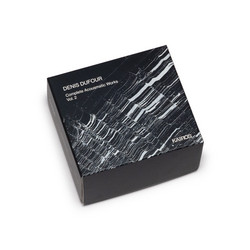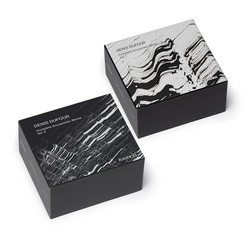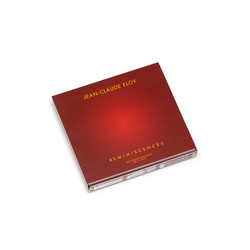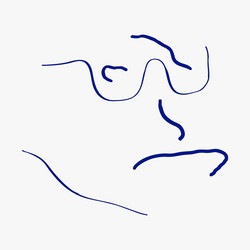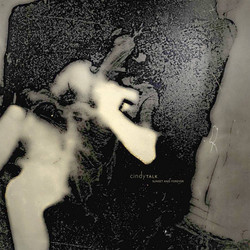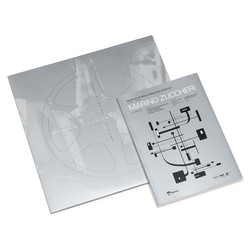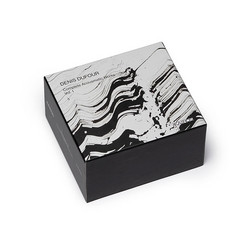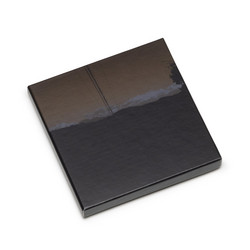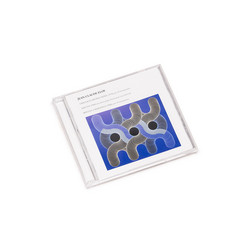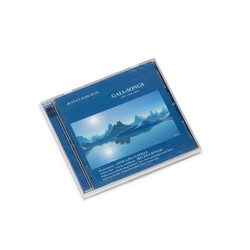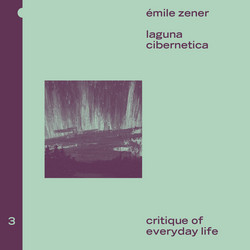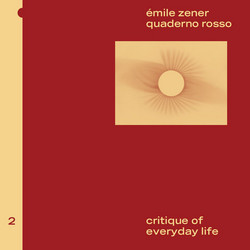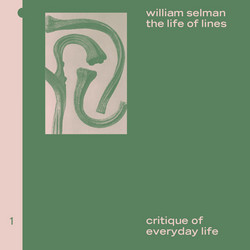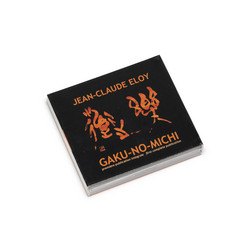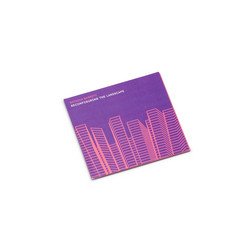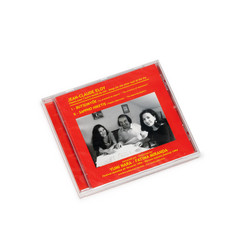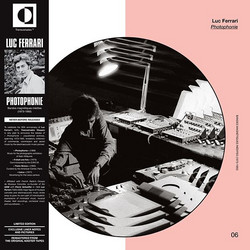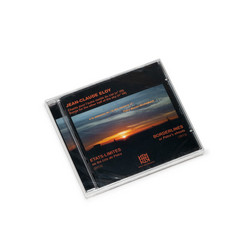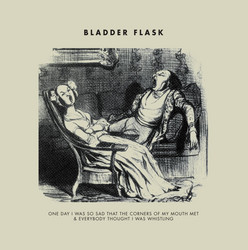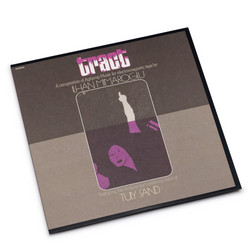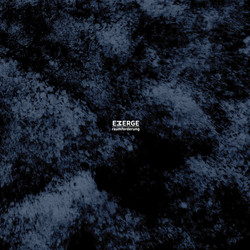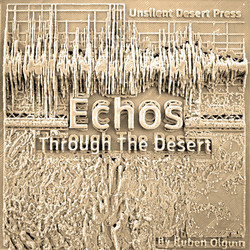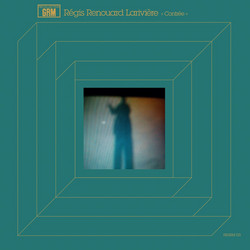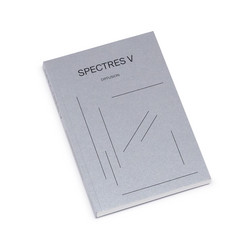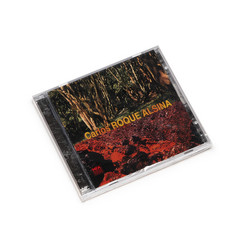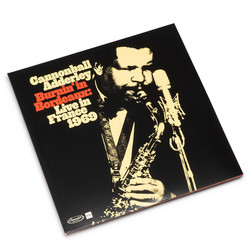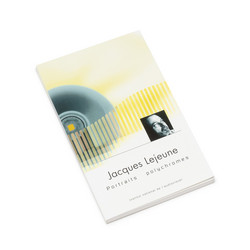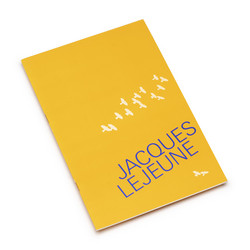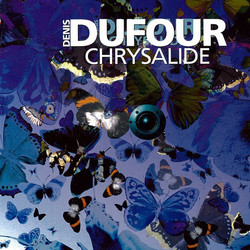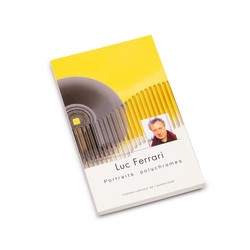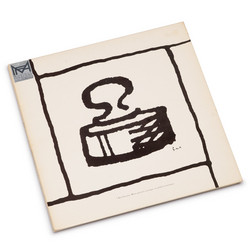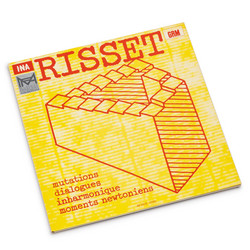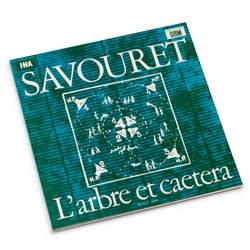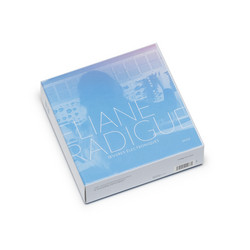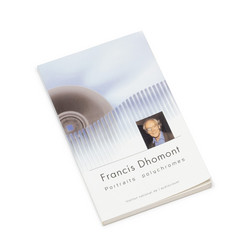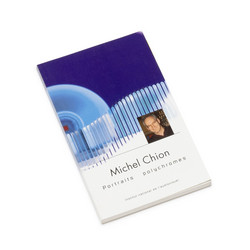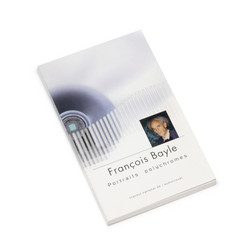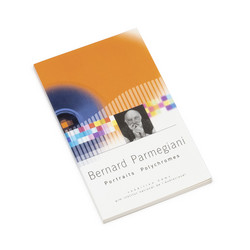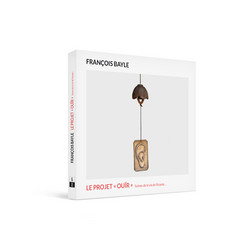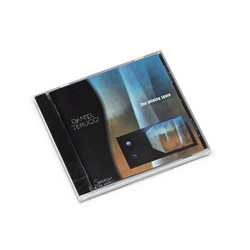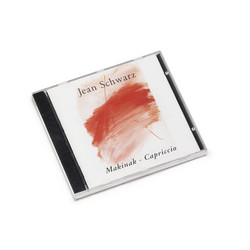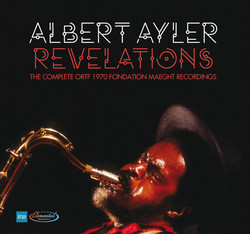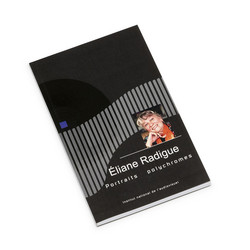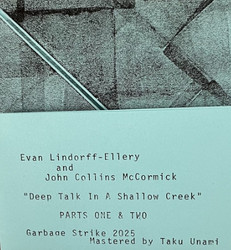Régis Renouard Larivière
Futaie / Tchernoziom
Régis Renouard Larivière was born on 3 December 1959 in Paris. He decided to devote himself to acousmatic composition following the Adac-GRM training course he attended at the end of 1984 with Jacques Lejeune and Philippe Mion. He has been teaching since 1990. He is currently professor of composition at the Conservatoire Royal de Mons (Arts2) in Belgium. He has written numerous articles on various electroacoustic composers (Parmegiani, Bayle, Schaeffer...), as well as on Schaefferian concepts. His piece “Futaie” won the Ars Electronica prize in 1996. His catalogue includes about twenty pieces. He also works for film and stage (regular collaborations with David Braun and Audrey Barrin).
Futaie (1996), 14’
By the way it unfolds over time, like a long and slow sentence of which only the punctuation remains, by opposition of flat tints between motionless masses and useless fulgurances, “Futaie” has something more to do with the time of a description than with the description of a particular object: it is difficult to find there figurations of country groves or small rabbits... Although...
“Futaie” is a hollowed out, widened, distended moment, trying to render, by means of the temporal succession, which is inherent in music, the feeling of a simultaneous time, of a “common presence” of things, in their individual and joint durations, in the way trees form a “futaie” (forest). Like a moment dismantled, deconstructed, presented successively. A sort of ceremonial music, but a ceremony without worship, slow, stretched, and by its slowness guaranteeing itself the small beer of the heartbeat, at the same time set, threatened and aroused by the silence that surrounds and crosses it, it takes up concerns that were already mine in my previous piece, “Bromios”. Their common concern is that of rising and silence. A concern for which Acousmatic music may be a particularly good bearer, as it works on the principle of sounds that are cut off from their causes and free from their origins.
“Futaie” was composed in a few weeks, after a very long preparation, between last July and January, in the G.R.M. studios.
R.R.L., February 1996
Tchernoziom (1998), 18’
“Tchernoziom”, noun (There are other spellings Cernozem, Tchernozem, Tchernozion, etc.). Noun coming directly from a Ukrainian word meaning “black earth”, and referring particularly to these Ukrainian lands, a millennia-old mixture of loess and organic matter, reputed for their extreme fertility.
“Tchernoziom”, as a title, therefore has something to do with the “Steppes of Central Asia”, or with the “Song of the Earth”. But it is a song of the earth-matter: rough lumps, grained powders, fluid dust; porosity, friability, erosion.
A study with brief, iterative sounds and ascending motifs.
Work on the notions of cycle and catastrophe.
“Black Earth” (Chernozem) is the title of a poem by Ossip Mandelstam from 1935:
Black Earth (Chernozem)
Too weighty, too black, all that's piled up,
all that's heaped, shrinks, what's well-aired,
all of it crumbles, all shaping a chorus—
moist clods for my oxen, my earth!
In days of spring ploughing—black, near blue,
and for peaceful work the solid ground—
a thousand heaps of furrowed speech—
something unbounded within its bound!
Yet the earth's a blunder, the butt of a tool:
you can 't move it by falling down at its feet:
it sharpens the hearing, a mildewed flute,
your ears with that cool dawn clarinet meet.
How pleasing the rich layers to the blade,
how silent the steppe, in April's ploughing...
Well: live long, black earth: be firm, clear-eyed—
here there's a black-voiced silence working.
